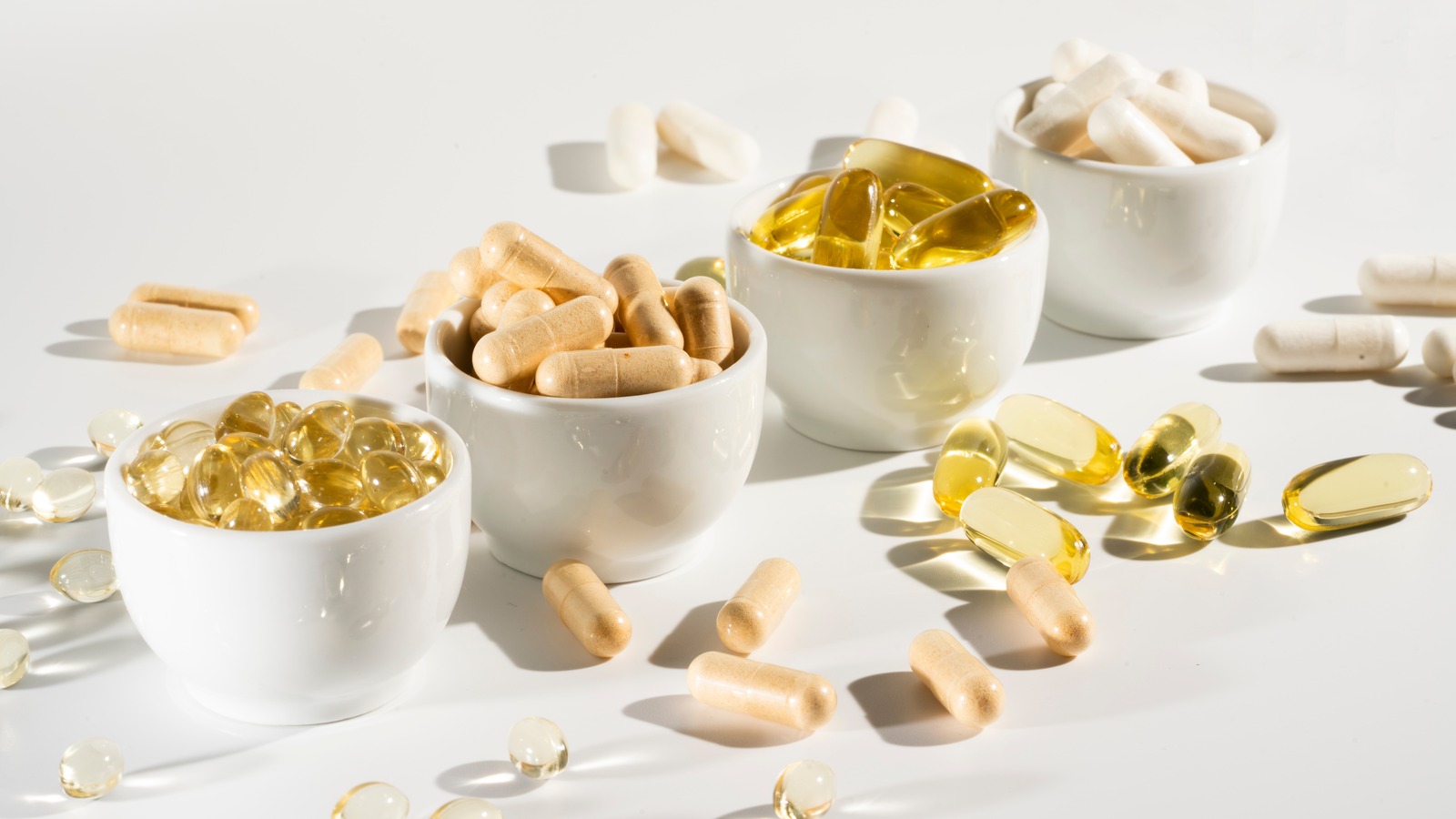What Happens If You Take Too Much Of These Vitamins And Minerals - The List

According to the National Institutes of Health (NIH), copper is a mineral that everyone needs to stay healthy. The body uses copper to assist with essential functions such as creating energy, connective tissues, and blood vessels. Copper is also necessary for maintaining the nervous and immune systems, developing the brain, and even activating genes. You can get copper from a wide variety of food sources, such as beef liver, oysters, cashews, sunflower seeds, chocolate, wheat-bran cereals, whole grain products, potatoes, mushrooms, avocados, chickpeas, and even tofu, per NIH. However, copper can also be consumed as a dietary supplement.
The amount of copper a person needs varies based on age, increasing you get older. For example, babies only need 200 mcg, while teens between 14 to 18 years old should get 890 mcg. Adults over 19 years old need 900 mcg, while breastfeeding teens and women should consume 1,000 mcg. Still, according to the outlet, large amounts of copper can be harmful to your health.
WebMD says that those concerned about copper toxicity should watch out for nausea, vomiting, diarrhea, fever or chills, muscular weakness, pain or burning around the abdominal area, a lack of urine, yellowing of the eyes and skin, or a metallic taste in the mouth.
Comments
Post a Comment